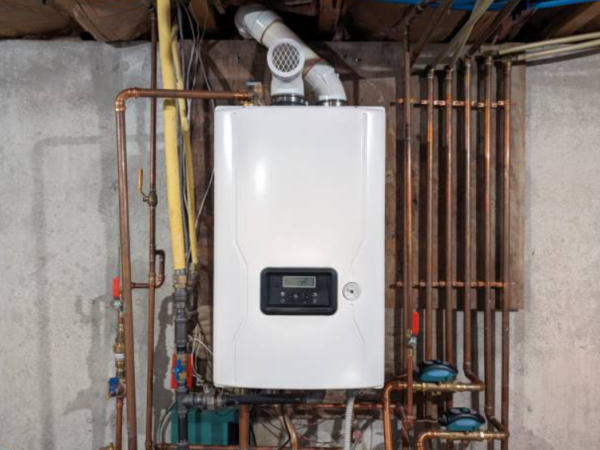Boilers are an important component of every household. It assists in cooking and washing by providing hot water. In addition, it also provides central heating in residential settings. One cannot imagine life without a working boiler especially in colder regions. It’s important to maintain your boiler to prevent pressure build up and affect its efficiency.
In this article, we’ll highlight a few red flags that cause pressure build up in a boiler and need immediate attention.
1. Not Scheduling Annual Maintenance
One of the easiest yet effective ways to prevent overpressure in a boiler is by scheduling annual maintenance by a professional. Just like every machine, boilers also need maintenance to improve their efficiency and prevent issues like pressure build up that can affect their efficiency.
Although a modern boiler has a flanged safety valve that releases pressure automatically to prevent catastrophic failures. However, if the valve is not working properly, pressure build up can burst the pipe or the boiler leading to potential damage. Regular maintenance can resolve any ongoing problem timely and prevent costly repairs.
2. Air trapped in the System
If the radiators aren’t bled properly or if there are leaks, air can easily get trapped in the system and affect the overall efficiency of the boiler. The trapped air in the system not only causes pressure fluctuations but also affects the working of the boiler.
It is important to get your boiler inspected by a professional, if you observe frequent pressure fluctuations in your boiler to prevent any unwanted damage.
3. Blocked Pipes
Another reason for high pressure build up in a boiler is due to accumulation of debris and rust in the system. This debris and sludge can restrict the water flow and thereby, increasing the pressure build up in the boiler. It is necessary to get your boiler maintained regularly to ensure a smooth water flow.
A professional will look at the boiler and clean the blocked pipes to ensure a smooth working of your boiler.
4. Faulty safety relief Valve
The safety relief valve is designed to automatically release excess pressure in a boiler. However, if the safety relief valve is faulty or damaged, it won’t do its job and there will be pressure build up in the boiler. In such situations, it’s important to take necessary action and call a professional to look into the situation.
As a constant increased pressure can lead to boiler burst or a pipe burst, leading to potential damage.
5. Age of a Boiler
The age of a boiler says a lot about its working. If the boiler is way too old, chances are it will cause high pressure in the system because of the clogged pipes and rust. In addition, with age wear and tear of boiler components are common that leads to leaks and faulty valves.
All of this can contribute to high pressure build up in the boiler and needs to be replaced with a new one to avoid potential damage .

